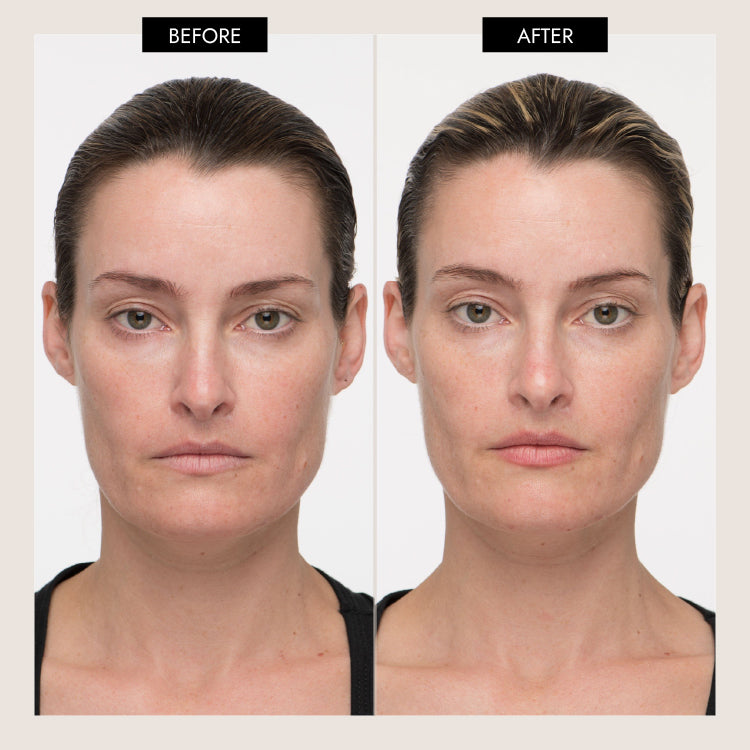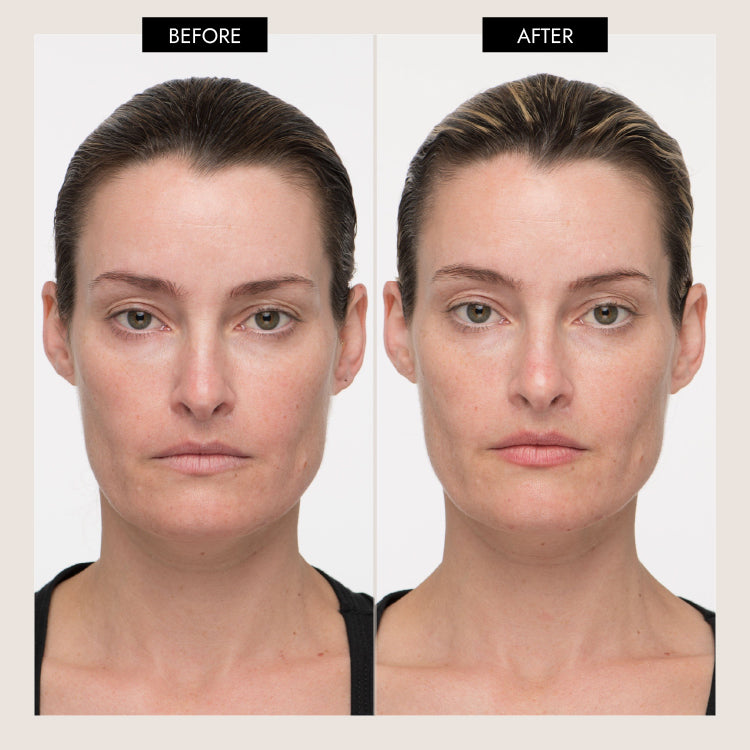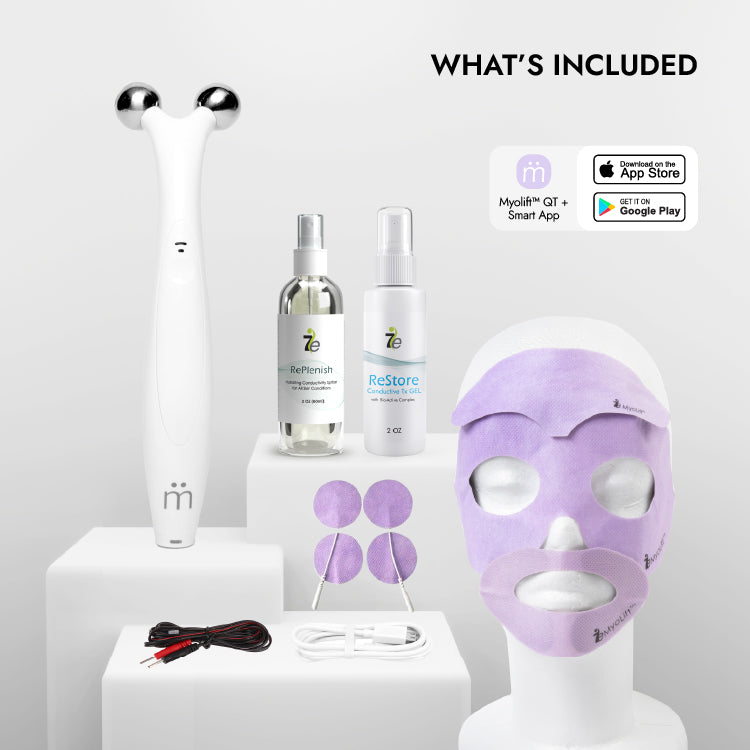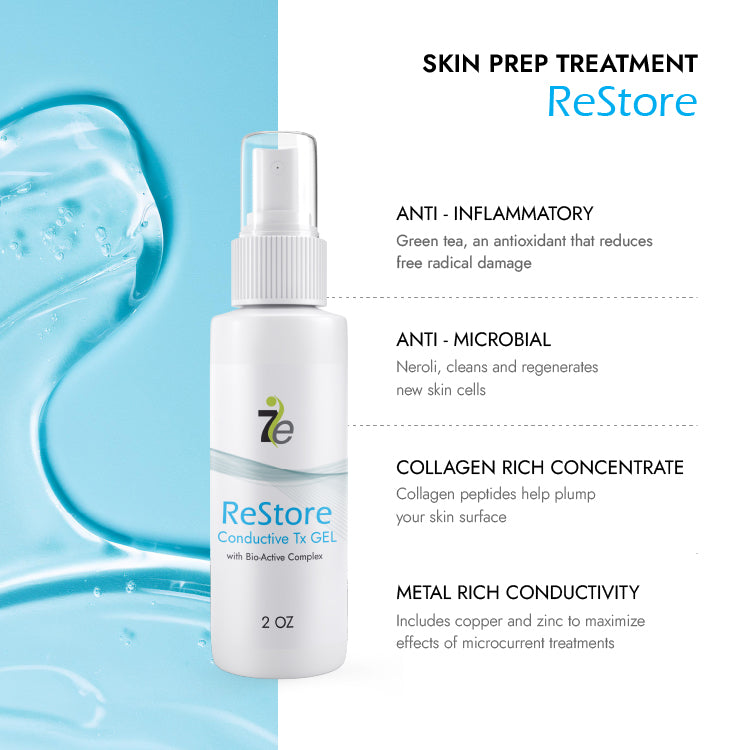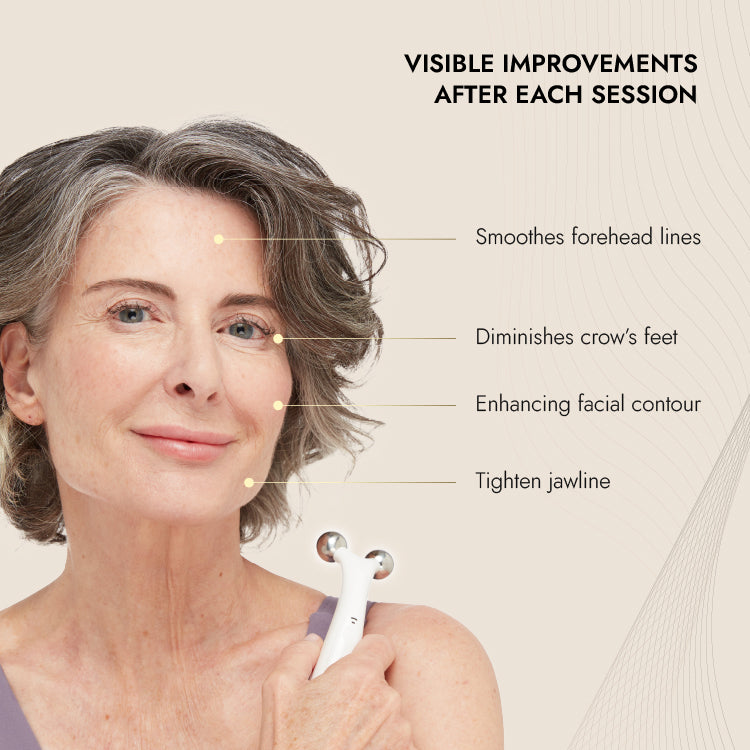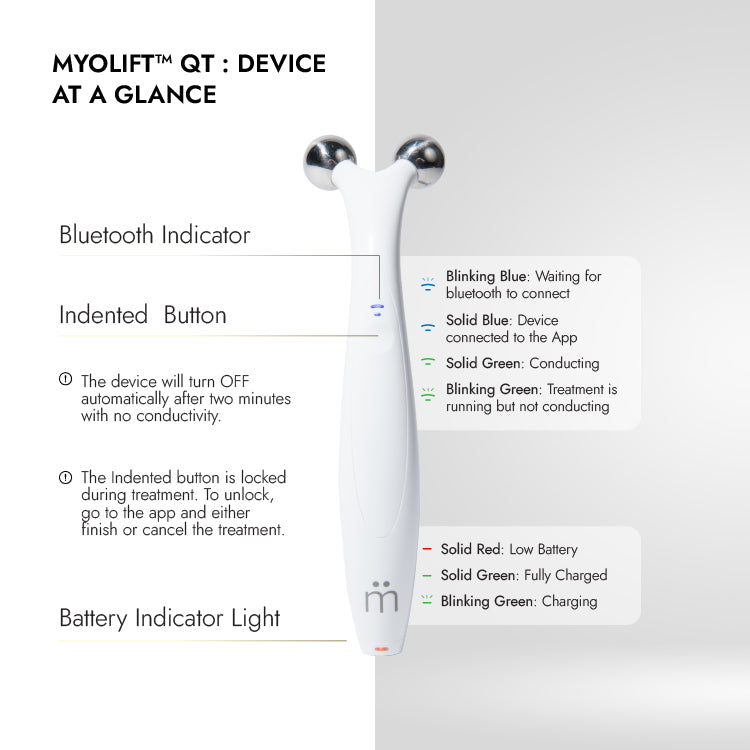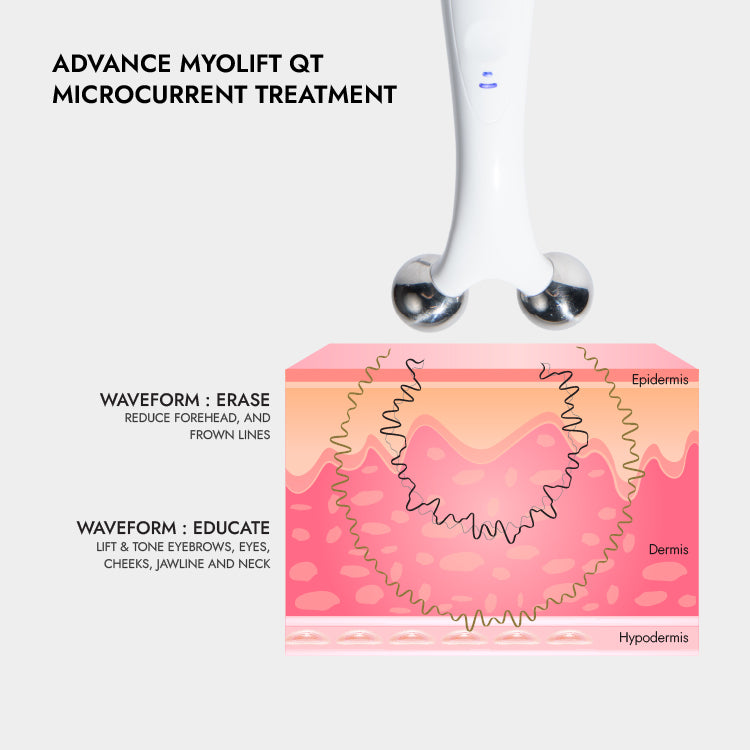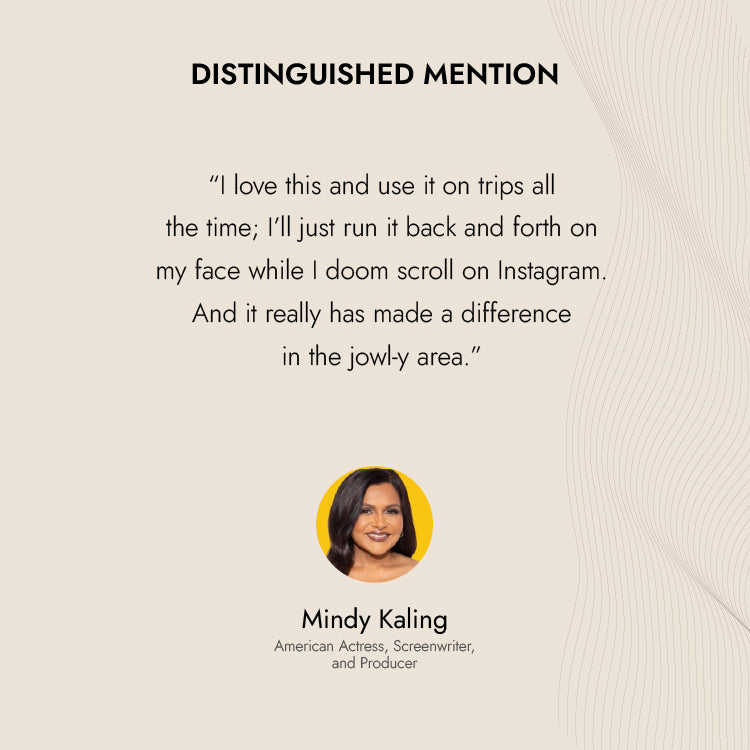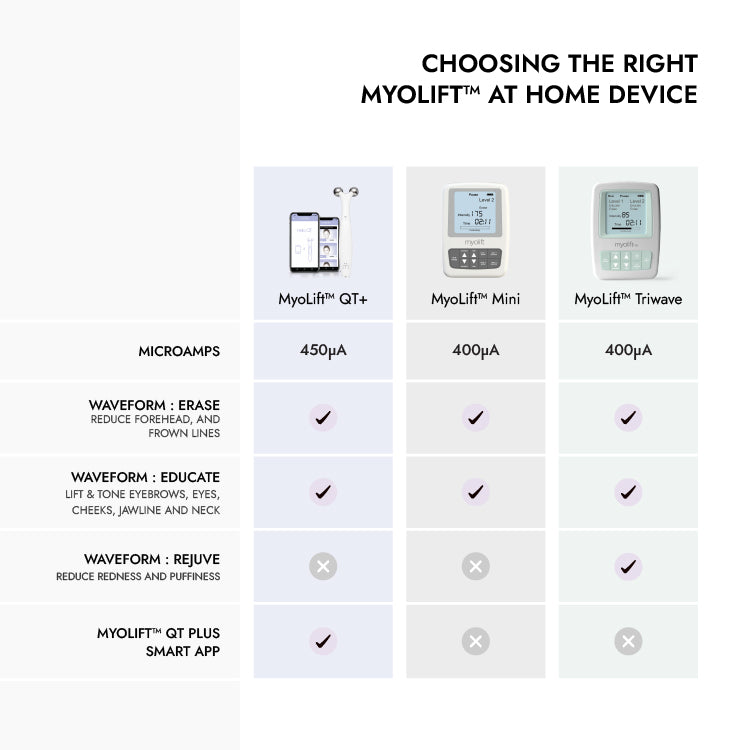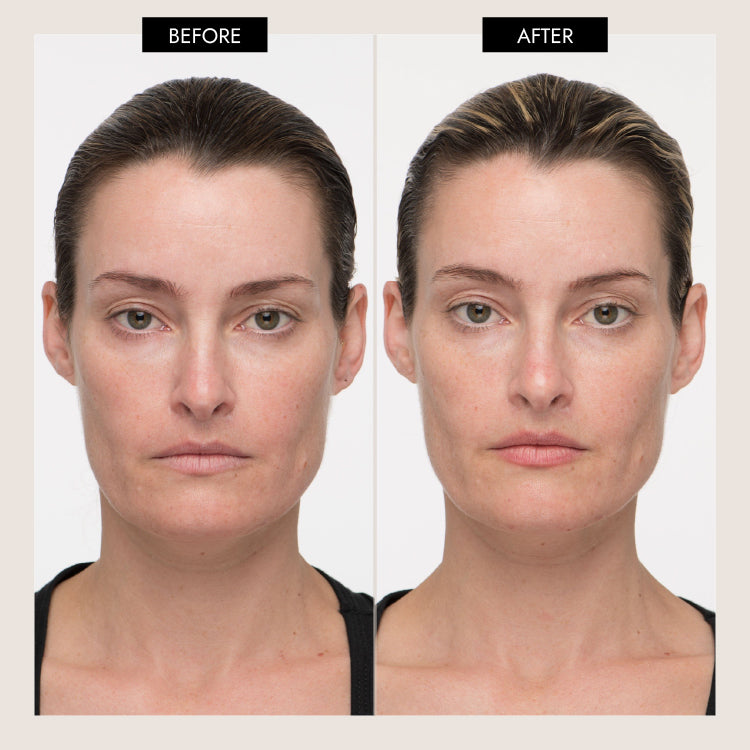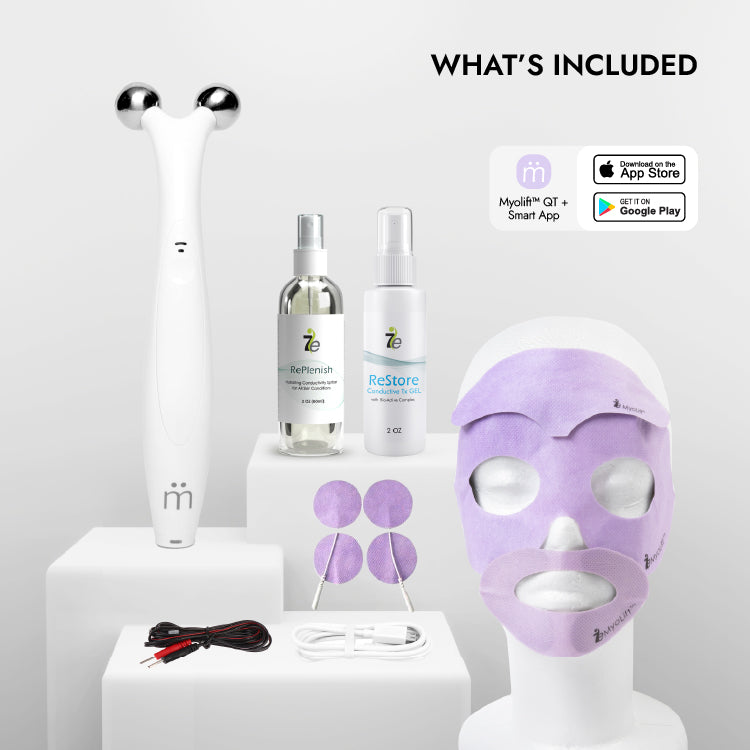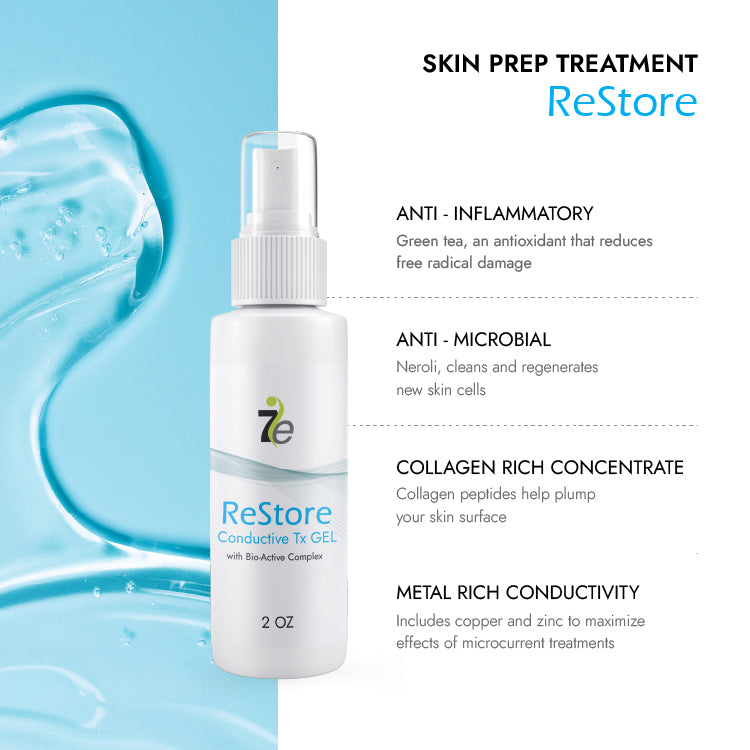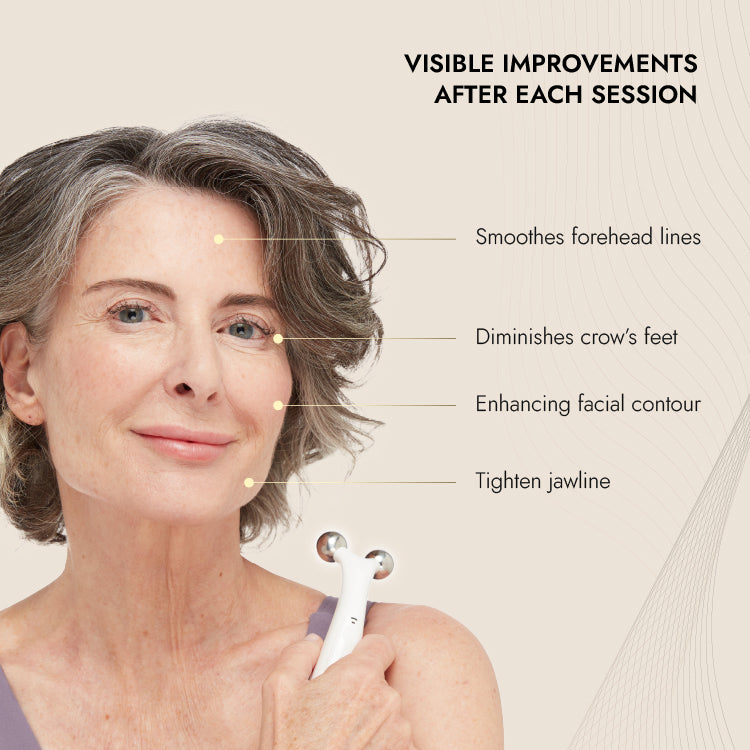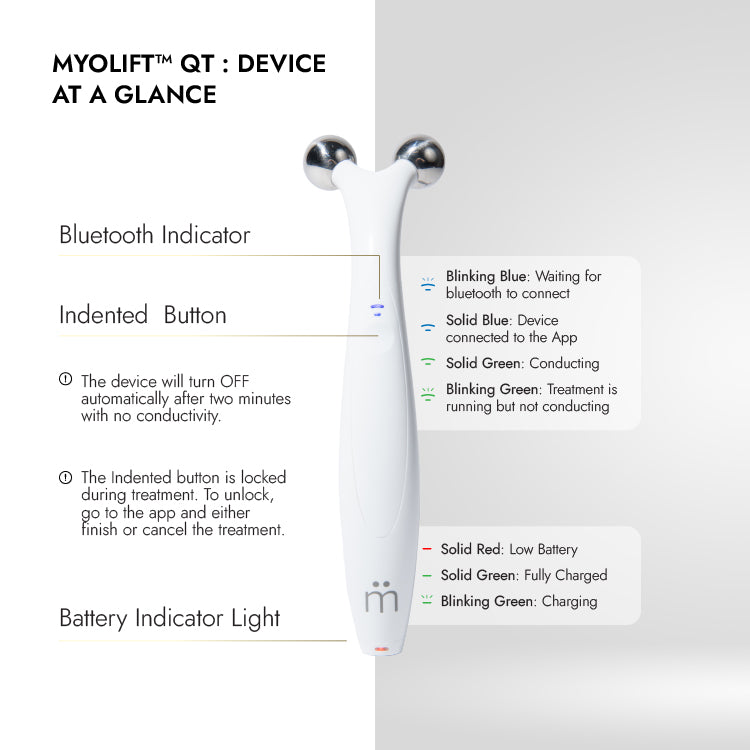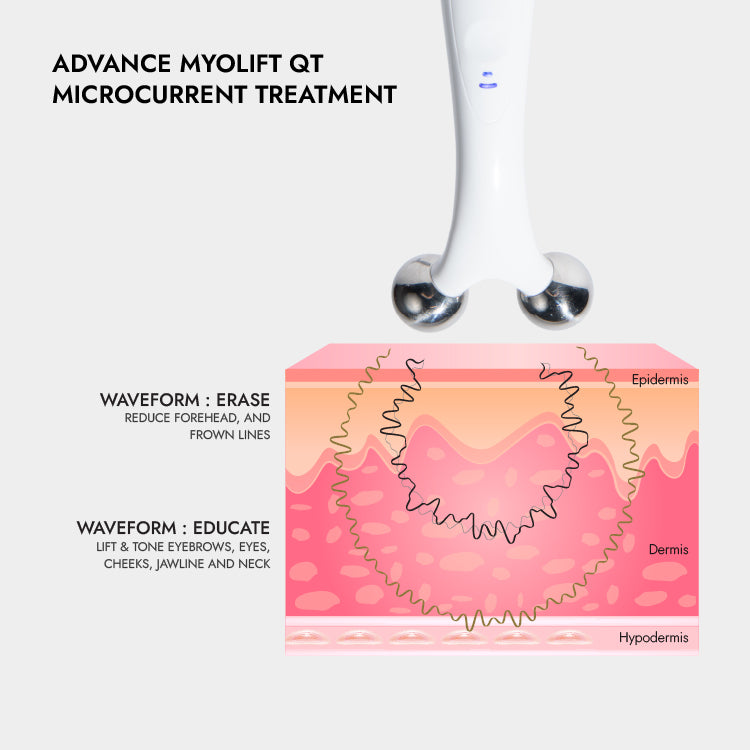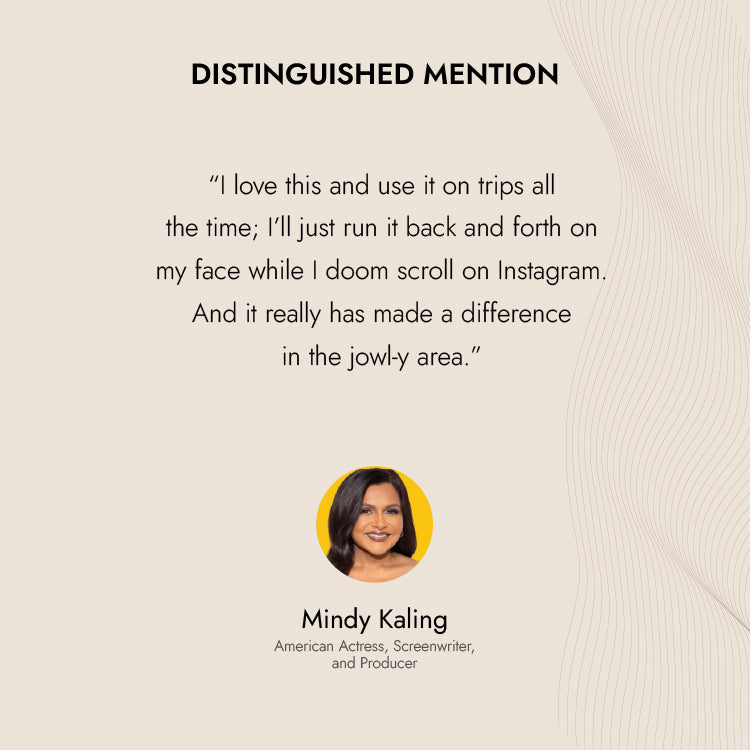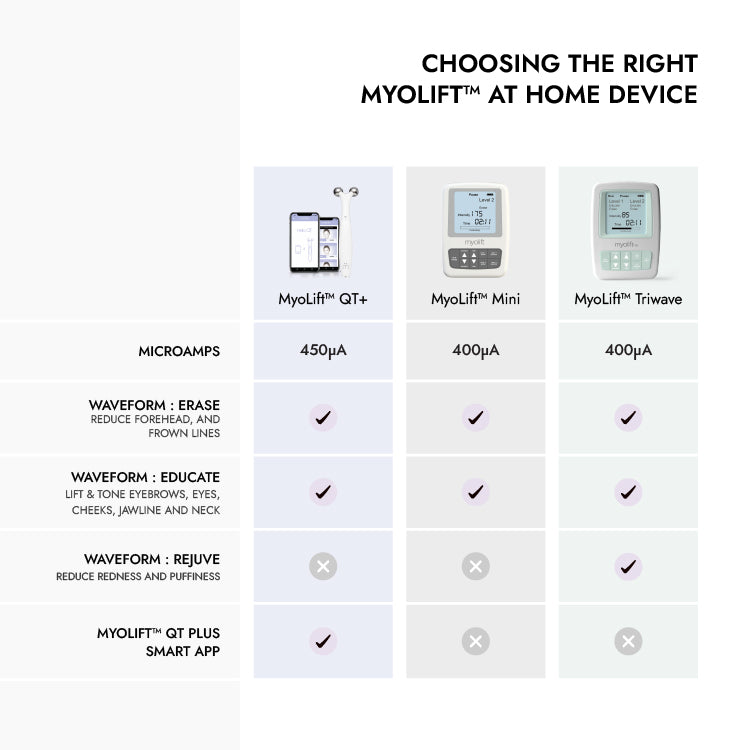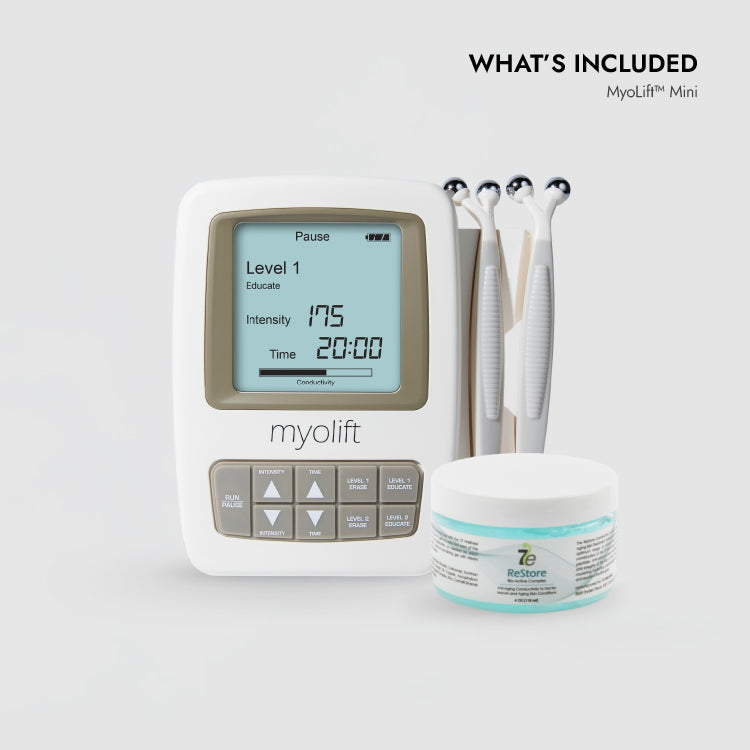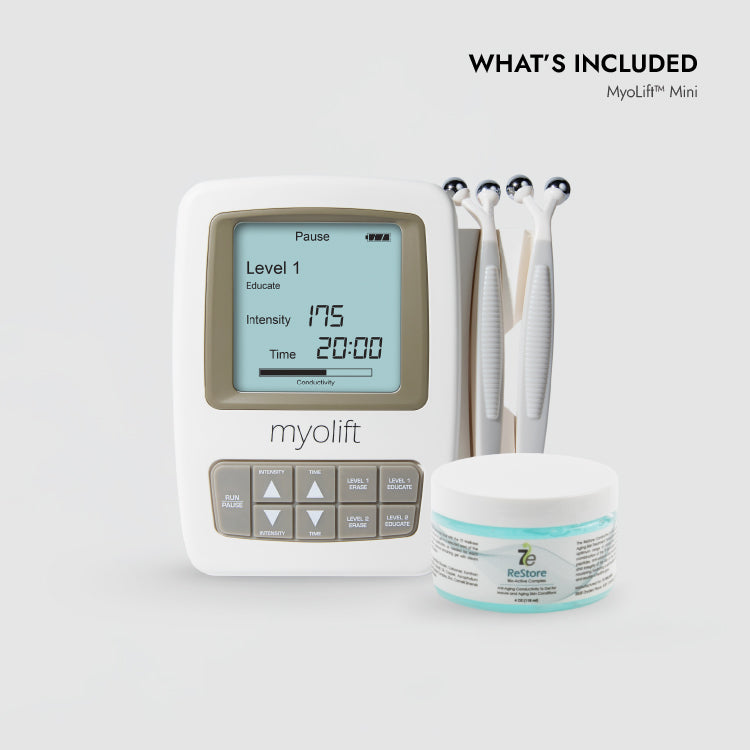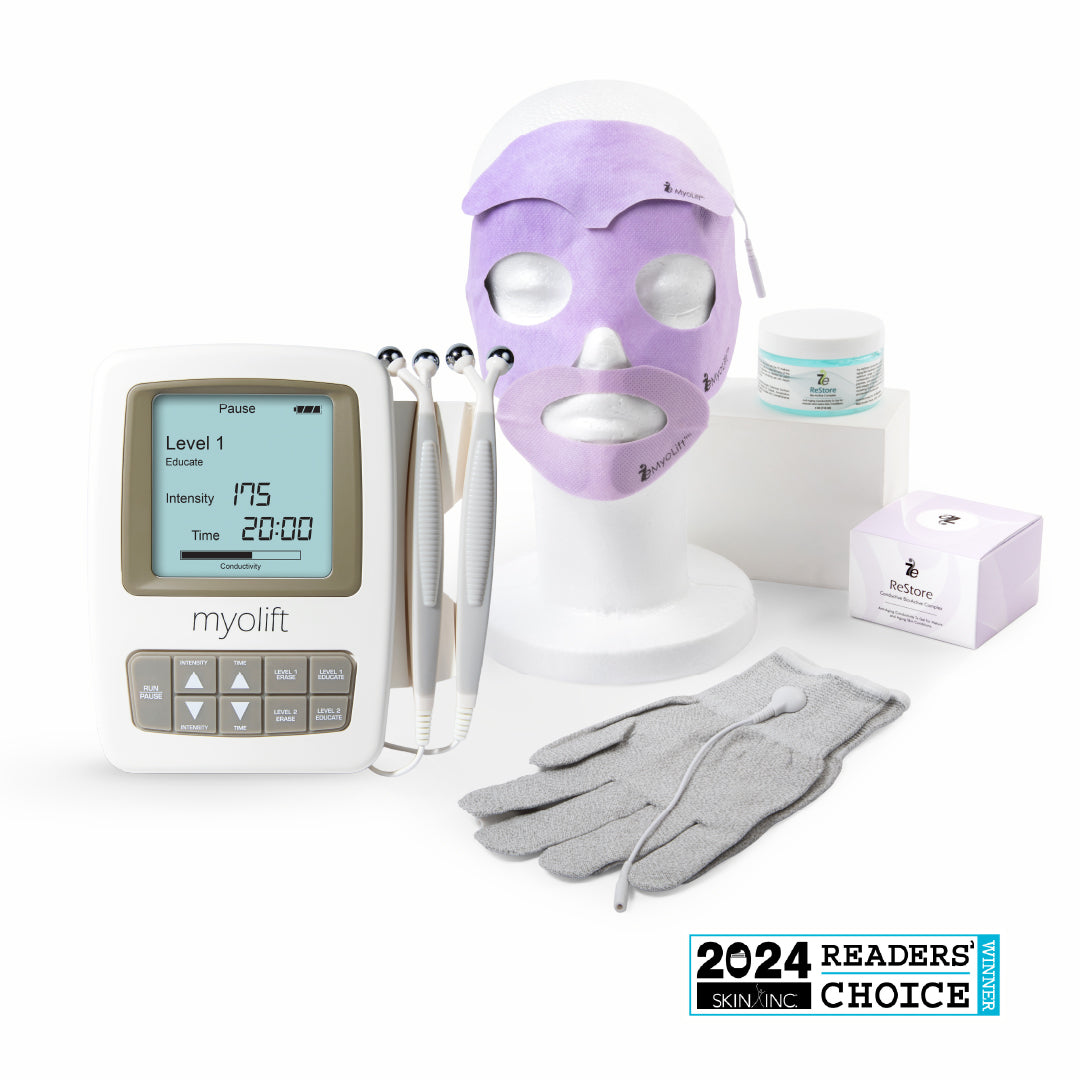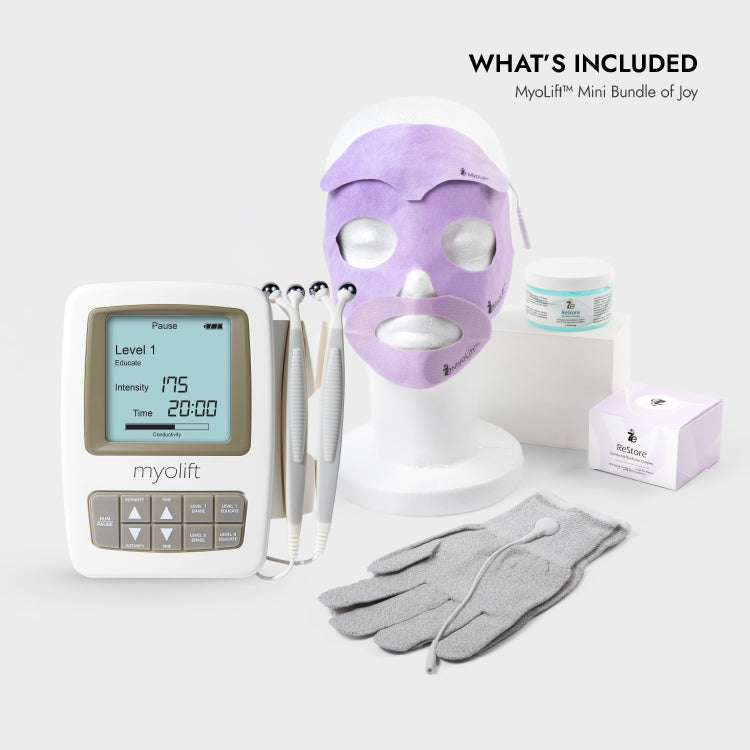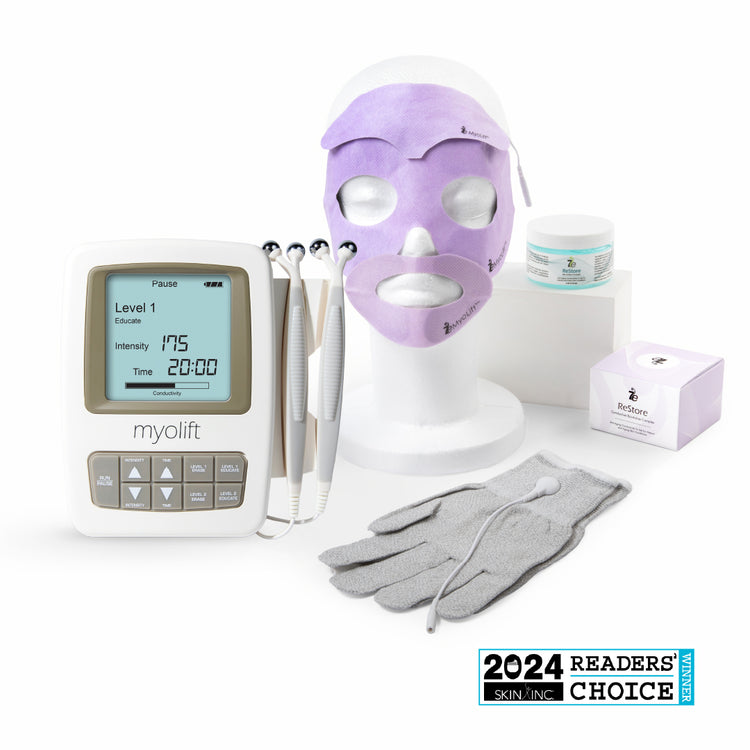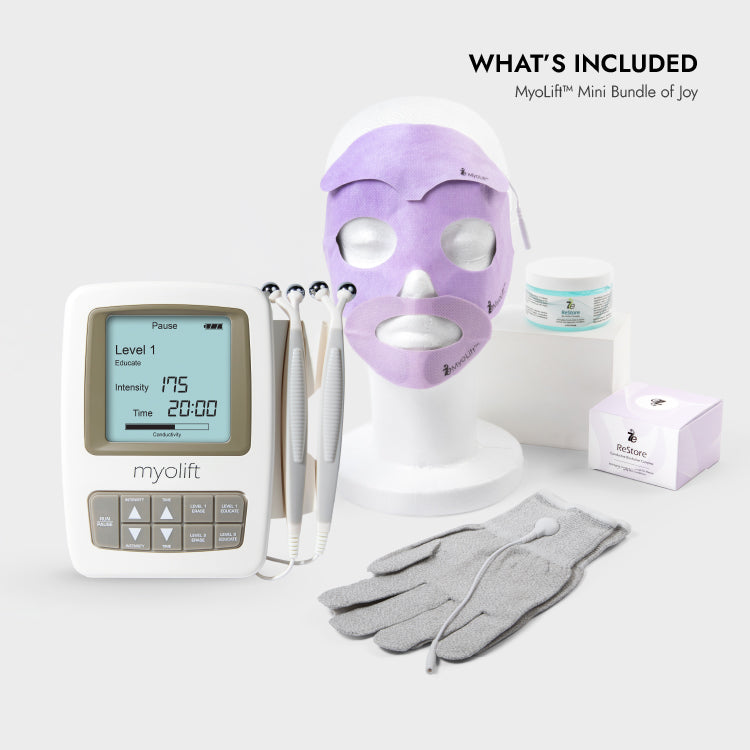4 Facts To Know About Stress and Your Skin

Holistic Skincare 101: 4 Facts To Know About Stress and Your Skin
Could stress management be the missing piece in your skincare routine? Experts say yes!
The term stress is a broad one, encompassing many aspects of our physical and mental health. But in the simplest terms, stress is a biological reaction to any number of internal and external challenges.
When the body experiences a stress response, it can look a bit different for everyone but some common signs of stress include elevated heart rate, muscle tension, labored breathing, and rising blood pressure. This is due to an uptick in hormones like adrenaline and cortisol, which signal the body to enter a state of fight or flight.
The short-term effects of stress are likely familiar to most people. However, one facet of stress that tends to get overlooked is its long-term impact on overall health – including our skin health. To better understand the connection, here are a few facts to consider:
Fact #1: Stress increases skin inflammation
When in a state of stress, the body’s internal inflammation levels can quickly rise, exacerbating inflammatory skin conditions like acne, eczema, rosacea, and others. Additionally, chronic inflammation has been studied to accelerate the aging process, breaking down healthy tissue and making it harder for the skin to produce new collagen.
Fact #2: Stress decreases skin immunity
Another side effect of entering fight or flight mode is that the immune system becomes overburdened, making it harder for the body to recover from illness or injury. For example, you may notice that it takes your skin longer to bounce back after a breakout or repair after excess sun exposure.
Fact #3: Stress causes excess oil production
During prolonged periods of stress, the body will often release more cortisol, which can cause the skin to produce more oil. Although all skin types need oil to function, too much oil can contribute to congestion in the skin and increase your risk of acne.
Fact #4: Stress can weaken the skin barrier
An important component of skin health is hydration, but when stress levels are heightened, increased heart rate and respiration can cause the body to become dehydrated. When this happens, the skin is more likely to experience a condition called transepidermal water loss which depletes the skin of vital moisture and compromises barrier health.
How To Troubleshoot Stressed Skin
If all of the above has you feeling even more stressed, the good news is that there are many things you can do to reverse the effects of stress on your skin.
A few healthy habits experts recommend for managing stress include daily exercise, a balanced diet, and mindfulness practices like yoga or meditation. You may also find that any form of self care – be it dancing in your living room, indulging in an elaborate beauty routine, or taking a walk in nature – can reap positive benefits for your mind and body.
Rather than worry about the specifics, the best approach is to prioritize your health and happiness, which will always do wonders to support your inner and outer glow.










